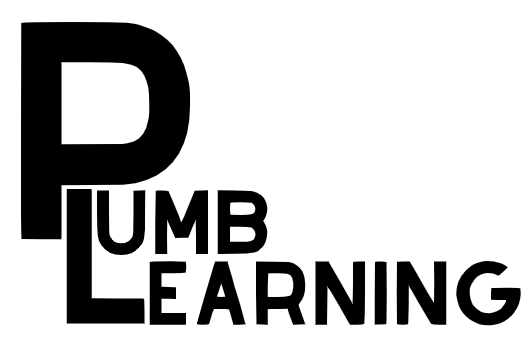Our commitment to inclusivity shines through our flexible, trauma-informed teaching approach, tailored to support children with Special Educational Needs and Disabilities (SEND) and Social, Emotional, and Mental Health (SEMH) challenges. By emphasizing practical skills acquisition, such as those offered in our plumbing courses, we positively impact each child’s perceived value, creating avenues for significant confidence growth.
Recognizing the diversity of learning needs, we meticulously design our courses and workshops to break down complex tasks into small, achievable goals. This methodology not only accommodates children from various educational backgrounds, including those engaged in Education Other Than At School (EOTAS), mainstream, specialist schools, and the home education community but also ensures that no child is left behind due to literacy challenges.
While our courses do not require traditional reading or writing skills, they are rich with opportunities for ‘backdoor’ learning, where children can acquire and apply knowledge in context, fostering a deeper understanding and appreciation for learning. This inclusive approach provides a nurturing environment where all children, regardless of their educational needs, can thrive and develop essential life skills.









